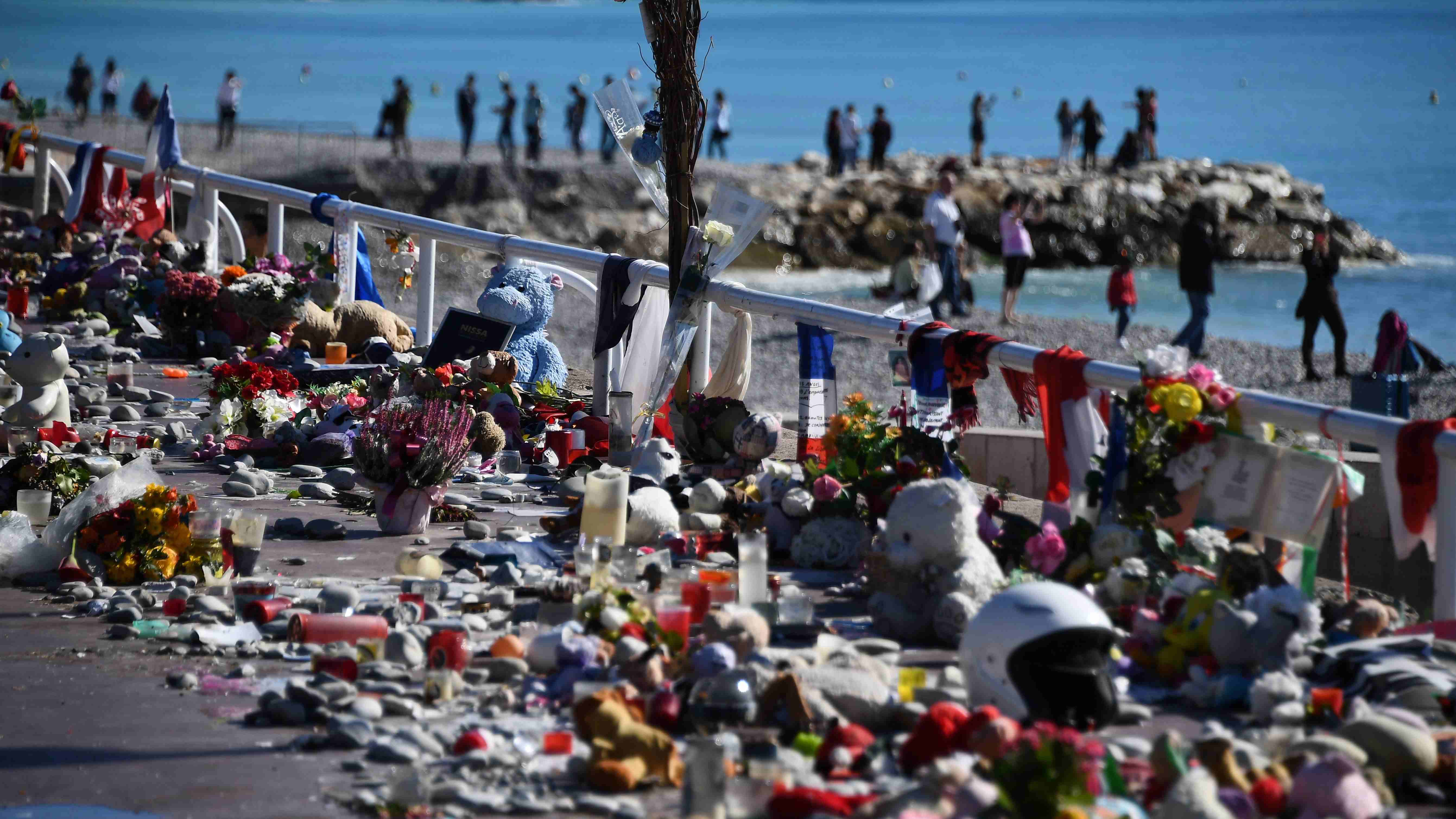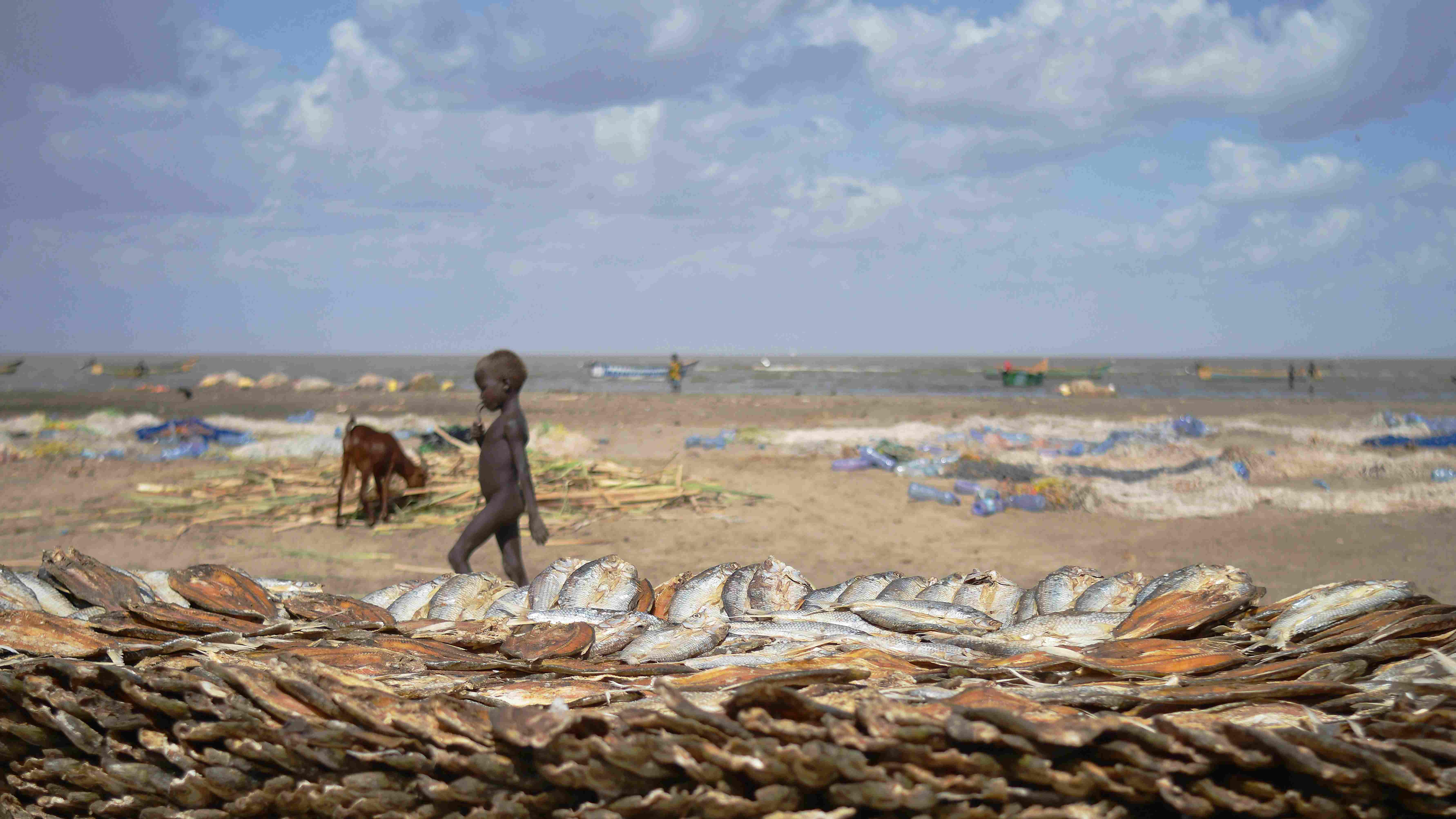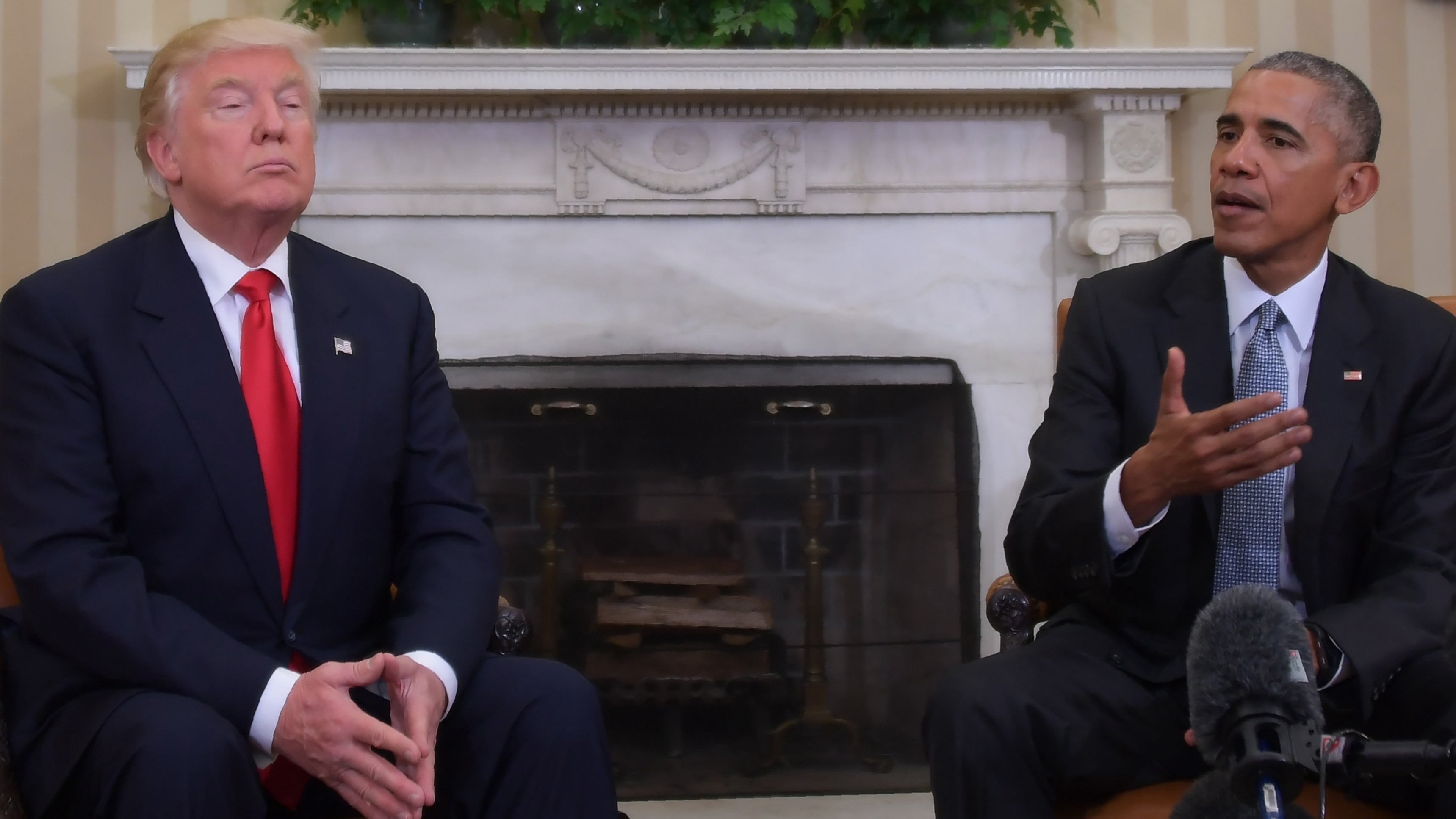- ISIL and climate change biggest global fears
- Sharp regional differences over perceived threats
- International concern over US influence growing
ISIL and climate change are perceived to be the greatest threats to national security around the world in 2017, according to the latest Pew Research Center survey of people in 38 countries.
A strong overall pattern emerged, with a global median of 62 percent identifying ISIL as a "major threat" to their country's national security and 61 percent citing climate change.
The data indicates a shift from a similar Pew survey in 2015: the biggest concern then was climate change (46 percent), followed by global economic instability (42 percent) and ISIL (41 percent).
ISIL the greatest fear
ISIL was named as the leading threat to national security by 18 countries, all of which lie in Europe, Asia, the Middle East or North America – regions that have been hit by terror attacks claimed by the militant group.
A median of 74 percent across European countries (the same number as in the US) said ISIL is a major threat to their nation, including 88 percent in France and 85 percent in Italy.

Countries hit by terror attacks tended to see ISIL as a major security threat in the Pew survey. The Bastille Day truck attack in Nice, France killed 86 people – 88 percent of people in France regard ISIL as a major national security threat. /AFP Photo
Countries hit by terror attacks tended to see ISIL as a major security threat in the Pew survey. The Bastille Day truck attack in Nice, France killed 86 people – 88 percent of people in France regard ISIL as a major national security threat. /AFP Photo
Countries in the Middle East and North Africa identified ISIL as the leading threat. An overwhelming 97 percent saw the terror group as a major threat in Lebanon, while large majorities in Tunisia (79 percent), Jordan (76 percent) and Israel (63 percent) agreed.
Climate change anxiety in Africa, Latin America
The 13 countries that identified climate change as the leading threat are primarily located in Latin America or Africa, areas where the consequences of global warming are driving instability.
Climate change was the second pick for people in many other nations, although it was pushed into third place in the US. Russians are the least concerned about climate change, with only 35 percent seeing it as a major security threat.

Kenya's Lake Turkana has gradually receded in recent years leading to diminished fish stocks and contributing to deadly clashes. Seventy-six percent of Kenyans saw climate change as a major security threat. /AFP Photo
Kenya's Lake Turkana has gradually receded in recent years leading to diminished fish stocks and contributing to deadly clashes. Seventy-six percent of Kenyans saw climate change as a major security threat. /AFP Photo
The data indicated the US, which recently announced its intention to withdraw from the Paris climate agreement, is sharply divided on the issue.
Eighty-six percent of left-leaning responders in the US saw climate change as a major threat, compared to just 31 percent of right-leaning participants.
Cyber, economy, refugees
In Venezuela and Greece – both of which are struggling with economic turmoil – people saw the state of the global economy as the greatest threat to their country's security.
Overall, 51 percent of people saw the global economy as a major threat to national security.

Protests are a regular sight on the streets of Greece, where 98 percent of people say their nation’s economic situation is bad and 88 percent name the condition of the global economy as the top threat. /AFP Photo
Protests are a regular sight on the streets of Greece, where 98 percent of people say their nation’s economic situation is bad and 88 percent name the condition of the global economy as the top threat. /AFP Photo
Cyber-attacks were Japanese people's greatest national security fears, and the issue also ranked highly in the US, UK, and Germany, all of which have suffered high profile attacks over the past year.
Only Hungary, whose prime minister Viktor Orban has called migration “a Trojan horse for terrorism”, identified an influx of refugees as the leading threat to national security.
US seen as growing threat
Pew asked about eight different potential concerns, including the influence of individual countries. Broader issues were seen as significantly greater threats, with the US, Russia and China ranking sixth, seventh and eighth respectively on the list of global security concerns.

The perception that US influence poses a threat to national security has risen 13 percentage points between 2013 and 2017. /AFP Photo
The perception that US influence poses a threat to national security has risen 13 percentage points between 2013 and 2017. /AFP Photo
A comparison with a 2013 Pew survey does reveal a marked change in attitudes towards the US, however. Across 30 nations surveyed both in 2013 and 2017, a median of 38 percent now say US power and influence poses a major threat to their country, up 13 percentage points from 2013.
The Pew Research Center surveyed 41,953 respondents in 38 countries from February 16 to May 8, 2017.






